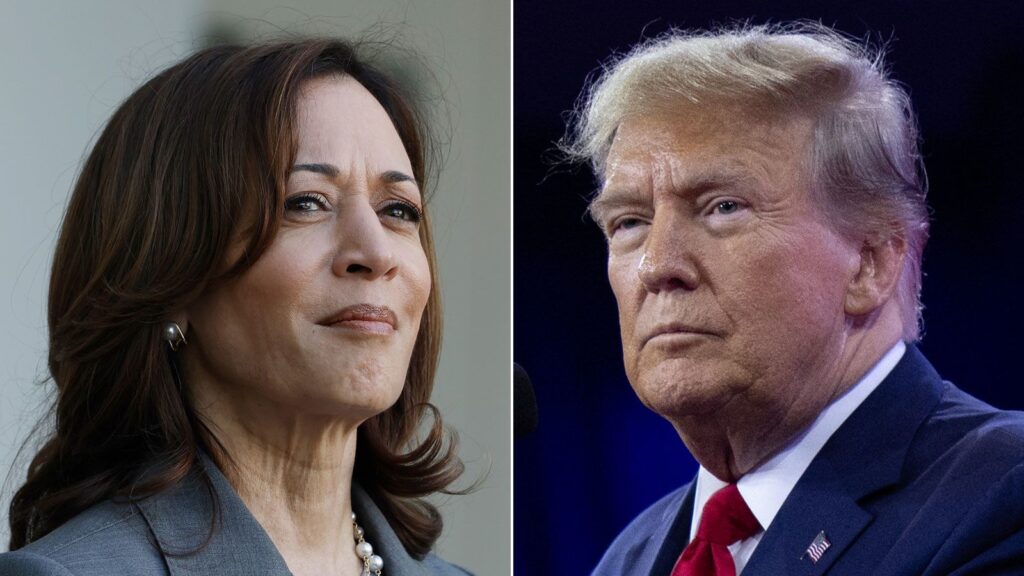A profile piece on Vice President Kamala Harris that explores the priorities of a budding administration stood out for what it notably lacked: substantial commentary from Harris herself. The Democrat declined multiple requests from Time Magazine to discuss her economic and foreign policies, creating a stark contrast with former President Donald Trump, who engaged with reporters for over 90 minutes during two interviews.
Before withdrawing from the race, President Joe Biden also participated in a similar interview with Time. In contrast, Harris has primarily focused on more accommodating platforms, appearing on progressive podcasts and local radio shows while steering clear of the tough questions typically posed by the national press.
Harris’s avoidance of in-depth interviews largely reflects the strategy Biden employed during his 2020 campaign, which focused on maintaining a low profile while appealing to swing voters who found him attractive primarily for not being Trump. However, the dynamics have shifted this time, as years of inflation and persistently high prices have altered the landscape, burdening Harris with the consequences of Biden’s presidency. Additionally, the positive perception of a robust economy under Trump has led voters with lingering doubts about him to reconsider their positions.
David Wessel, director of fiscal and monetary policy at the Brookings Institution, a nonpartisan think tank, told Time that Harris is trying to thread the needle by staying above the race though may pay a price for it later. “She knows that very few people are going to choose between her and Donald Trump based on some details of economic strategy, or some full-fledged proposal, so she’s not presenting them,” said Wessel. “It’s a strategy to win the election. What reason is there to put out a detailed economic plan if your opponent is just throwing snowballs?”
Meanwhile, as Americans begin to cast early ballots though most are eyeing the Nov. 5 election day as when they plan to cast their vote, another new report is going to spell big trouble for Harris. High inflation during President Joe Biden’s term may lead to significantly higher prices for voters in the 2024 election.
Since November 2020, overall prices have risen by approximately 21%. Under Biden, year-over-year inflation peaked at around 9% in June 2022 and has since slowed to an annual rate of 2.4% as of September, according to data from the Bureau of Labor Statistics analyzed by the Daily Caller News Foundation. Price increases for numerous products have significantly outpaced the overall inflation rate, including essential household items like eggs and butter, which have risen by roughly 163% and 50%, respectively, between November 2020 and September 2024.
Beef products have significantly felt the impact of inflation during the Biden administration. According to the Bureau of Labor Statistics (BLS), the price of uncooked beef roasts has surged by over 31%, uncooked ground beef has climbed nearly 27%, and uncooked beef steaks have increased by approximately 28%. In addition, bread prices have risen by more than 23%, and bakery products have seen an almost 27% uptick.
“Inflation has been one of the most brutal drivers of the pressure being felt by everyday consumers in recent years. Almost nobody can keep up with the cumulative rise in prices,” O.H. Skinner, executive director of the Alliance for Consumers and the former solicitor general of Arizona, told the Daily Caller. “It’s deeply upsetting to many people when headlines focus on individual inflation prints or annual inflation numbers and don’t recognize that the prices staring at consumers from the store shelves are shocking because the inflation that has cumulatively built up has reshaped the shopping experience in a brutal way.”



